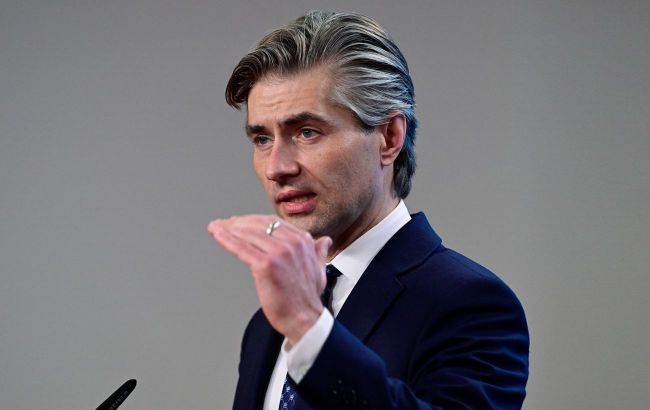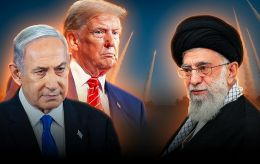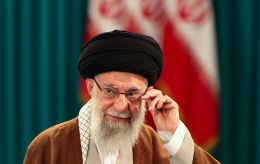No-one in NATO is safe: Lithuania warns of rising Russian threat
 Photo: Lithuanian Foreign Minister Kęstutis Budrys (Getty Images)
Photo: Lithuanian Foreign Minister Kęstutis Budrys (Getty Images)
Situations involving Russian drones entering the territory of NATO member states could escalate, leading to mutual use of military force, according to Lithuanian Foreign Minister Kęstutis Budrys.
"No-one is safe here, no-one is safe in the region, no-one is safe in Europe and within the alliance, because those incidents are very close to the situations when everything is going to escalate," Budrys said.
According to him, Lithuania is very interested, perhaps even more than anyone else, in avoiding such situations, as well as those where military force must be used.
"We have a strong interest - probably the strongest and biggest one - to avoid these scenarios... Scenarios like we are getting in some situations where we exchange the use of military power against each other," said the head of the Lithuanian Foreign Ministry, responding to a question about whether such incidents threaten to drag NATO into a direct conflict with Russia.
At the same time, he noted that Lithuania had not received confirmation that the incursion of a Russian drone into neighboring Poland was intentional.
"It is in everyone's interest to avoid this, Russia's also," the Minister said.
NATO should also work to strengthen air defense in the Baltic states and Poland, which border Russia or Belarus, Budrys added.
Russian drones in Poland
Russian drones violated Polish airspace on the night of September 10, with Prime Minister Donald Tusk reporting 19 drones, four of which were shot down.
Aircraft were used to destroy the targets, and ground-based air defense and radar systems were put on high alert.
On the morning of September 10, Polish authorities held emergency meetings, and Warsaw called on NATO to invoke Article 4 of the Treaty, which provides for consultations between member states in the event of a threat.
NATO issued a formal statement on the drone incident, saying that the secretary general was in close contact with Polish leaders. The Alliance also avoided mentioning Russia when commenting on the UAV incursion into Poland.
The EU expressed solidarity with Poland and its intention to build a wall against drones on its eastern flank, launching a project to monitor it.
Donald Tusk said that although Poland appreciates all expressions of solidarity, words alone are not enough, and Warsaw will ask for much more support from its NATO allies.

